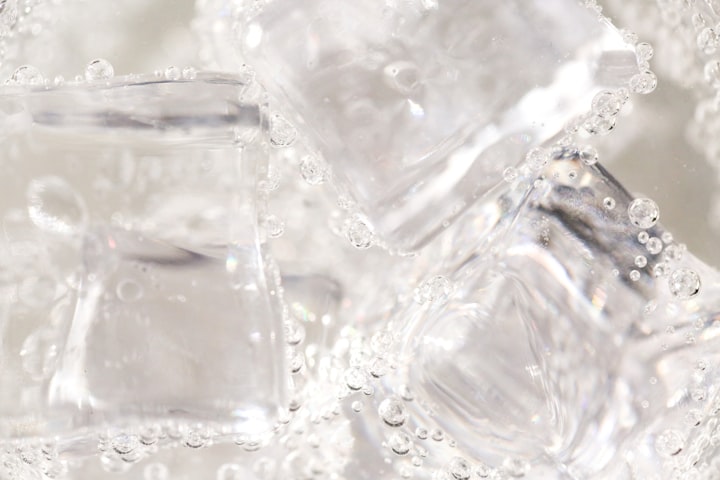
Contrary to popular belief, astronauts do not use pencils in space. Instead, they use specially designed writing instruments that are better suited for use in the unique environment of space.
One of the main reasons why pencils are not used in space is because of the risk of graphite particles breaking off and floating around in the zero-gravity environment. These particles can be hazardous to both the astronauts and the equipment on board the spacecraft. Additionally, the sharpened tips of pencils can break off and create a fire hazard in the oxygen-rich environment of the spacecraft.
In the early days of space exploration, NASA initially used mechanical pencils. However, these also presented problems, such as the risk of broken lead floating around in zero gravity. In addition, the mechanical parts of the pencil could potentially malfunction and cause problems in the delicate equipment on board the spacecraft.
To overcome these issues, NASA developed a specially designed pen that could be used in space. The result was the Fisher Space Pen, which uses a pressurized ink cartridge to write in zero gravity, upside down, and even underwater. The pen's ink is also designed to withstand extreme temperatures, which is essential for use in space.
The Fisher Space Pen is a specially designed writing instrument that is well-known for its ability to work in extreme environments, including zero gravity. This pen was created by Paul C. Fisher, an American inventor who wanted to create a pen that could be used by astronauts during space missions.
One of the main features of the Fisher Space Pen is its pressurized ink cartridge, which allows it to write in any position, even upside down. This is a critical feature for astronauts who need to take notes and write in space, where there is no gravity to keep the ink flowing down towards the tip. The pen's ink is also designed to withstand extreme temperatures, from -30°F to 250°F, making it ideal for use in space and other harsh environments.
The Fisher Space Pen was first used in space in 1968 during the Apollo 7 mission, which was the first manned mission of the Apollo program. The pen's ability to write in zero gravity was essential for the astronauts, as it allowed them to take notes and make calculations while in space. Since then, the Fisher Space Pen has been used on every manned space mission, including the Space Shuttle and the International Space Station.
In addition to its use in space, the Fisher Space Pen has become popular among outdoor enthusiasts and adventurers due to its ability to work in extreme conditions. The pen's durable design and reliable performance make it an excellent choice for activities such as camping, hiking, and mountaineering.
The Fisher Space Pen is available in a variety of styles and designs, from sleek and modern to classic and elegant. Some models feature a retractable design, while others have a cap that can be posted on the end of the pen. The pen is also available in different ink colors, including black, blue, and red.
In conclusion, , astronauts do not use pencils in space due to the risk of graphite particles and broken tips floating around and potentially causing hazards. They use Fisher Space Pen , which is a unique and innovative writing instrument that has become an essential tool for astronauts and adventurers alike. Its ability to write in extreme environments and withstand harsh conditions has made it a popular choice for those who demand reliability and performance from their writing instruments. Whether you're exploring the great outdoors or reaching for the stars, the Fisher Space Pen is a pen you can count on.
About the Creator
Raj’s Vocal
Welcome to my channel :)
Enjoyed the story? Support the Creator.
Subscribe for free to receive all their stories in your feed. You could also pledge your support or give them a one-off tip, letting them know you appreciate their work.






Comments
There are no comments for this story
Be the first to respond and start the conversation.